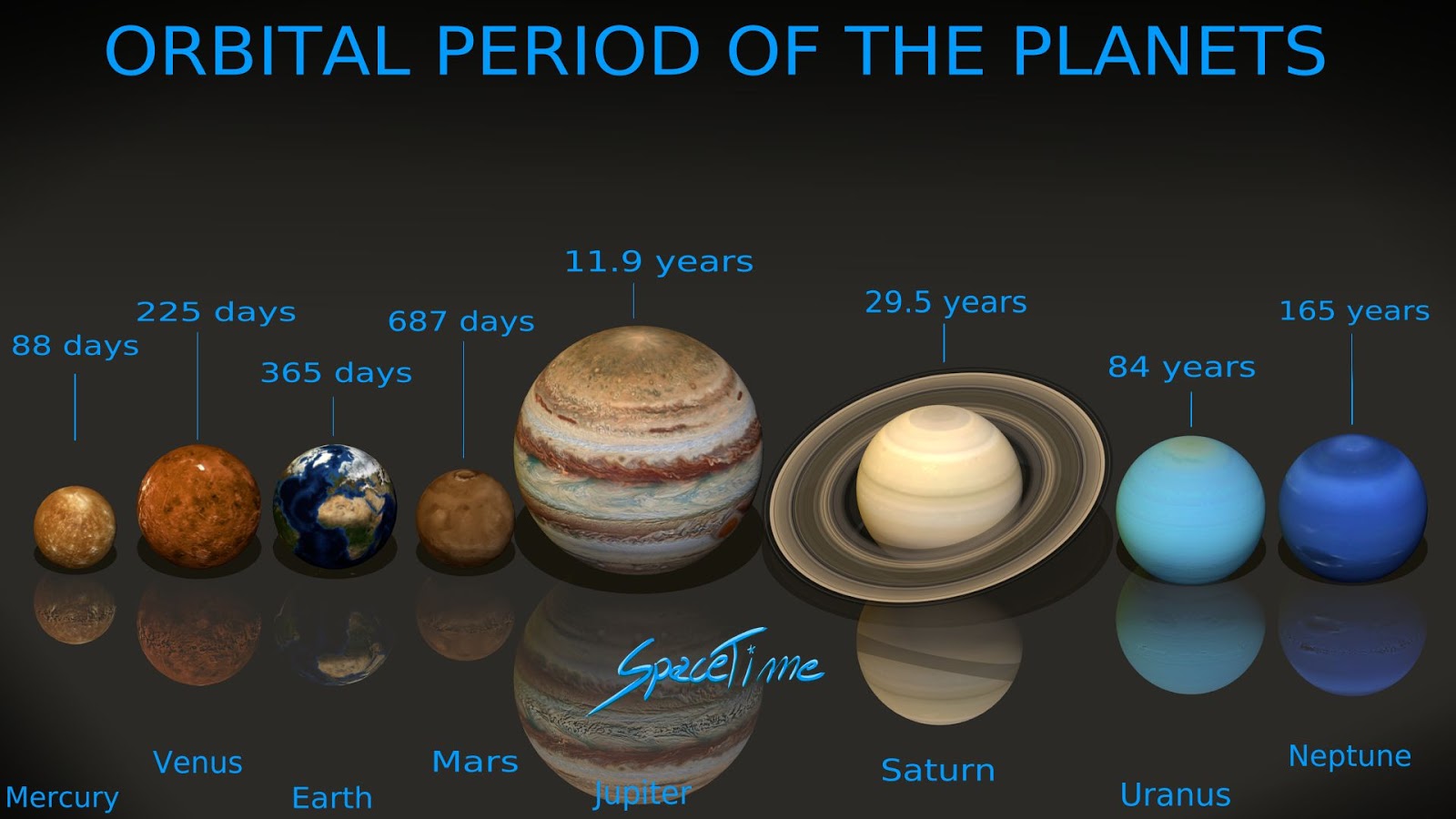Formula For Orbital Period
Orbital planets periods cycle sidereal Orbital velocity radius circular orbits nagwa finding Radius calculate geosynchronous orbiting physics dummies
Period of Orbit - YouTube
Period orbit Radius orbital 11m Physics ap planet orbit period speed equation revolution time gravitation exam review schoolbag info
Fórmula de velocidad orbital: concepto, fórmula, ejemplos resueltos
Orbital periodQuestion video: finding the orbital velocity from the radius and period Period orbital planet formula kepler law third keplersOrbital period.
Orbital speed radius equation nagwaKepler's laws Physics 111: fundamental physics i: the physics of retrograde mercuryPlanetary kepler laws keplers equation orbital orbit gravitation.
-555.png)
Orbital speed radius period relationship time between calculate use
Kepler's third law of planetary motion explained, physics problemsDmr's astronomy club: answer to question 79 Period integrated mcatPeriod of orbit.
Question video: calculating the orbital radius of an electron based onKepler's laws of planetary motion Orbital motion notesOrbital period of planet (kepler's third law).

Question video: calculating orbital radius
Question video: calculating the orbital speed of a satellite[solved] the earth's orbital radius is 1.49x10^11m and its period of Question video: understanding speed and radius in the orbital speedQuestion video: calculating the mass of a planet from the orbital speed.
Chapter 1 – orbital basics – introduction to orbital mechanicsQuestion video: finding the orbital period from the radius and velocity Kepler law orbit planets sun laws physics period orbital keplers planet motion planetary 3rd periods do mass axis distance proportionalOrbital orbit mechanics equations gravitational physics period velocity circular ppt powerpoint presentation parameter.

Laws of gravitation
Kepler law laws equals orbital third cube axisQuestion video: finding the orbital period from the radius and velocity Orbital gravitation calculating satelite calculatorPeriod orbit satellite orbital velocity circular physics gravitational radius level motion divided constants since fields levelphysicstutor.
Physics equation period orbital mercury law kepler third fundamental itsPeriod orbital nagwa radius velocity circular Lesson going full circle on gravity and orbits day 1Using kepler's third law to find the orbital speed of a planet around a.

Gravitation (6 of 17) calculating the orbital period of a satelite
Orbital periodOrbital planets physics gcse Orbital equation mechanics whereRita's science blog: 1.33 use the relationship between orbital speed.
What is the formula for orbital period?How to calculate the period and orbiting radius of a geosynchronous Orbital periods of the planetsOrbital speed of planets.

Science image archive for teachers
Physics calculator periodKepler law third motion planetary period orbital radius physics explained Period orbital math.
.


Lesson Going Full Circle On Gravity And Orbits Day 1 | Free Nude Porn

Physics 111: Fundamental Physics I: The Physics of Retrograde Mercury

Electricity - detailed contents

Question Video: Calculating the Orbital Speed of a Satellite | Nagwa
Period of Orbit - YouTube

Question Video: Calculating the Orbital Radius of an Electron Based on